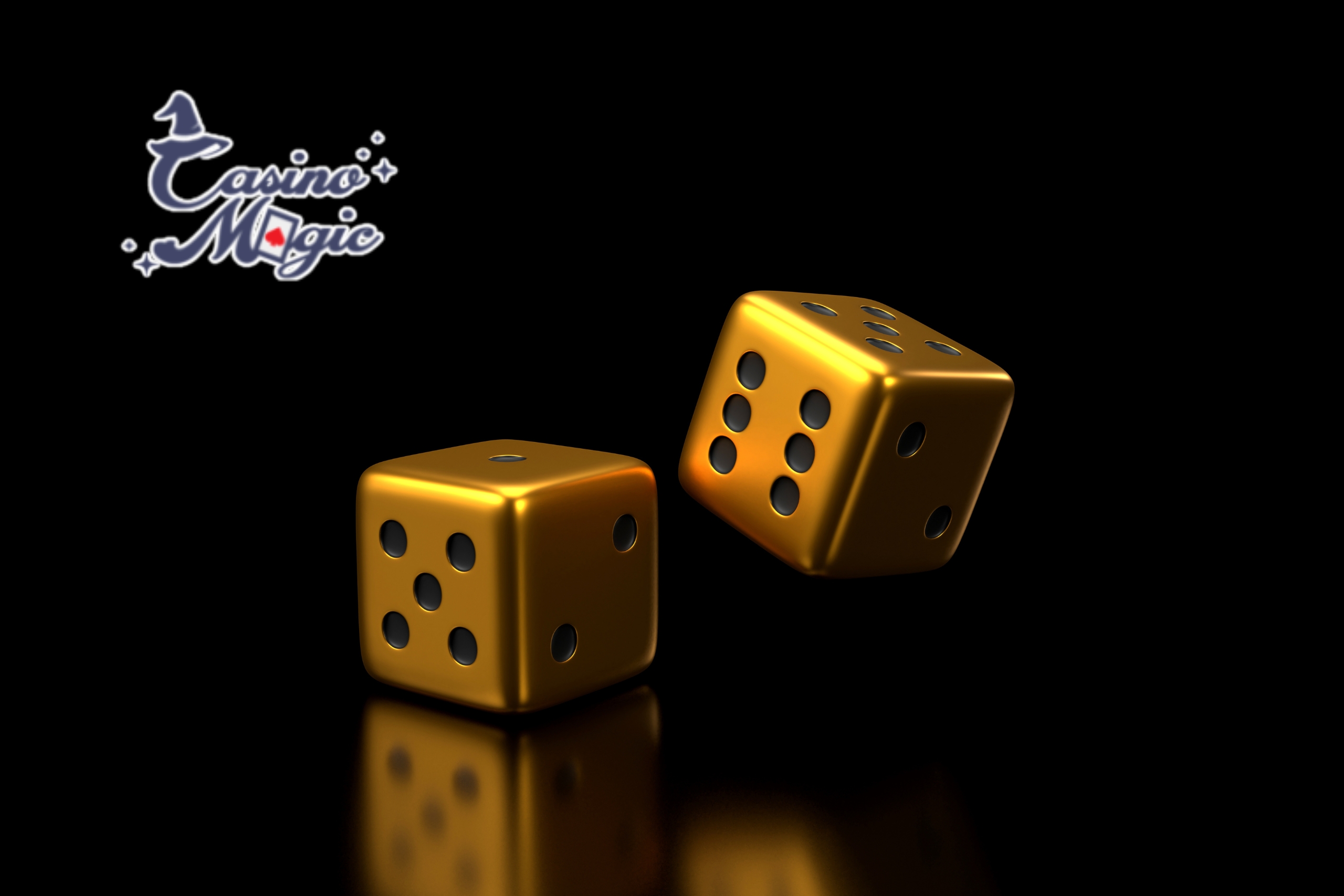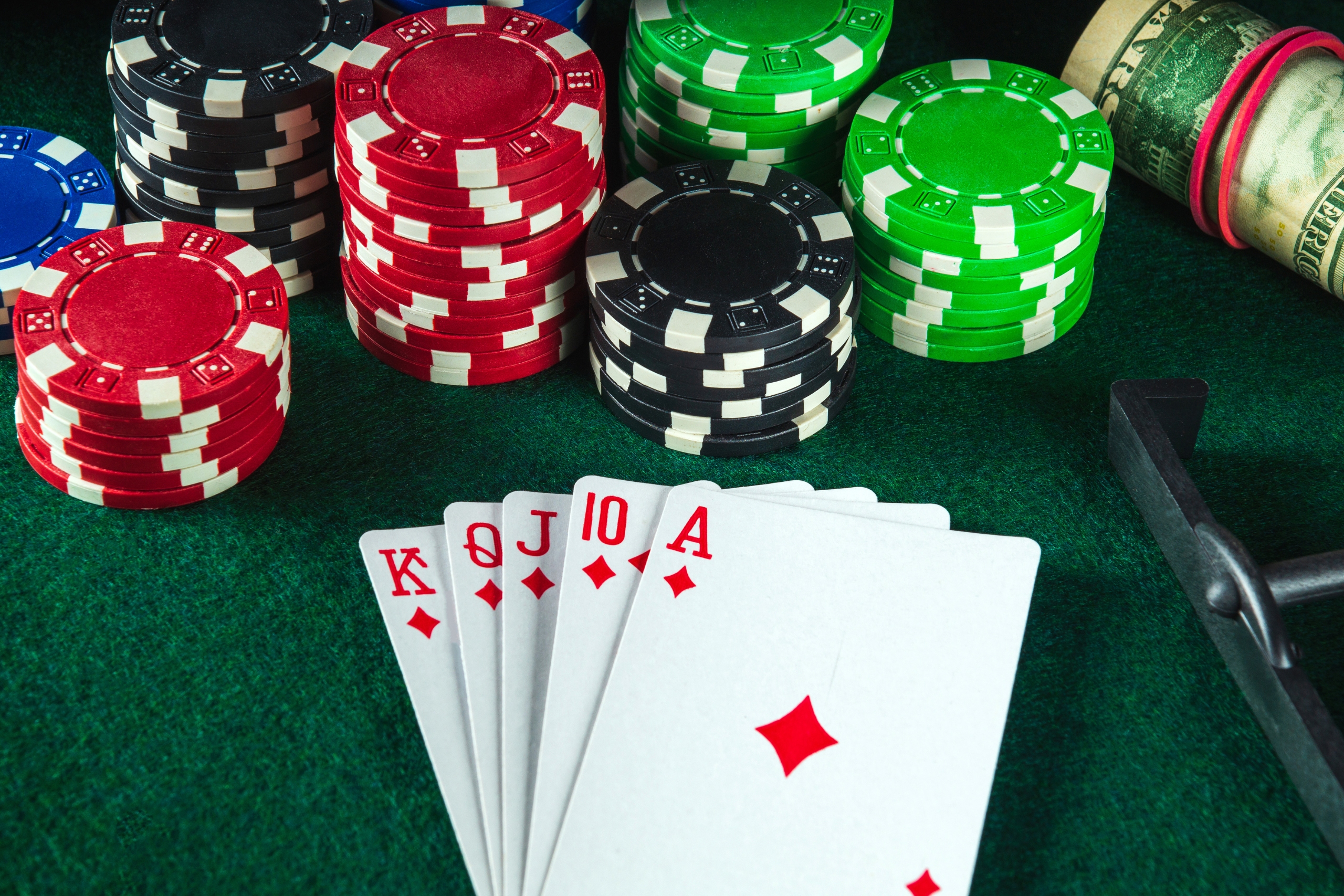
People all over the world love to play Poker, or ポーカー, which has its own language and set of terms. The game isn’t just about luck. You need to know what your opponents are doing, be skilled, and plan ahead. From its origins in many nations, card games, betting, and the game itself all speak a language of their own. Players need learn this language if they want to move around the game and communicate. The vocabulary of poker also reveals how fiercely competitive the game is and how participants see the “strength” or “強さ” of their hand and how they decide on actions. Around the globe, poker is getting more and more well-known; its own language and vocabulary are now somewhat common. For players of various ability levels, this increases the game’s attractiveness. Whether you’re playing with friends or in a high-stakes tournament, the language used in poker is integral to the game’s culture and attitude.
Understanding the Basics
Poker Table Layout and Setup
A standard poker table has a ten-person fitting dealing seat in the center. Every individual has a space for their hole cards; the communal cards may all be arranged on the table from one point. The table also makes it clear what chips are used and how to bet.
Hole Cards: Definition and Significance
Hole cards are the two secret cards that are given to each player at the start of a game of Texas Hold’em. No one else can see these cards, so only the player who has them can play them. The hole cards are important because they can be used with the community cards to make a winning hand.
Community Cards: Unveiling the Shared Cards
The dealer shows the community cards in three steps: the flop (three cards), the turn (one card), and the river (one card). The first round of betting is over. All players share these group cards, which they can use with their own “hole” cards to make the best hand possible.
Essential Concepts in Poker
Poker (ポーカー 強さ) is a game where skill and luck work together. However, skill is what separates winners from losers in the long run, even though luck can play a big role in any given hand. To be successful at poker, you need to know how to mix skill and luck.
Watching how your opponents bet is one way to get information about their hands. In order to figure out how strong their hands are, you should pay close attention to how they bet in different scenarios.
Also, you need to know the numbers and prices of your chips in order to handle your stack well. Different chip sizes and colors have different prices. To make smart choices at the table, you need to be able to quickly see how big your stack is and how big your opponents’ stacks are.
Looking at the sizes of players’ stacks can also tell you a lot about their resources and possible plans. You can use this information to change how you bet and play.
When there are bets, the person who has the dealer button acts last, which is a big part of how the bets are placed. Knowing this can help you make smart choices based on where you sit at the table.
Decoding Players’ Behavior
Figuring out how other poker players will act means learning about many parts of the game, such as how each player plays, how to read body language, and how to guess what cards your opponents might have.
Aggressive players are known for being brave and direct, putting down big bets and raising them often. They want to scare their opponents and make them do something wrong. Expert players think about how they make decisions, reviewing their moves and trying to guess what they will do next based on what they have already done.
Poker professionals are known for their exceptional skills, focus, and unwavering success in the game. They know a lot about the game, can read their opponents’ body language very well, and know how to act well when they need to. Bluffing is an important skill in poker that involves lying to your opponents to get them to make the wrong choice.
It’s important to read your opponents’ body language and face reactions to figure out how confident they are and how strong their hand is. It’s also important to know each player’s “table image,” or how other players at the table see them, so you can change your plans accordingly. Recognizing players’ hand ranges is also an important part of figuring out how they’ll act because it helps them make better decisions based on what cards their opponents are likely to have.
Poker Strategies and Tactics
To win at poker, you need to know the right techniques and tactics. Knowing your place at the table is an important part of planning. You can have a big effect on the result of a hand by using the edge of moving last or early. A big advantage can be gained by players who know when to act and when to wait.
Another important thing to think about is the pot chance. You can help players make better choices and win more by figuring out how profitable a bet might be based on the size of the pot and the cost of the bet.
The strategy of blind stealing takes advantage of the fact that players don’t want to defend their blinds, which lets players win pots with little risk.
Value betting is a way to make the most money by betting when you’re ahead and getting the most out of a good hand.
When you float, you call a bet with the plan to bluff later. This keeps your opponents wondering and lets you win pots even if you don’t have a good hand.
When you semi-bluff, you bet with a hand that could be good but isn’t yet. You use a mix of faking and the possibility that the hand will get better.
Game Theory Optimal (GTO) is a mathematically balanced plan that is hard to take advantage of. It gives players a good basis for making choices. These tips and techniques can help people get ahead at the poker table and make their game better overall.
Playing Styles and Player Types
To make smart choices at the poker table, you need to know about the different playing styles and types of players. Tight players only play a few hands and are picky about which hands they start with. Loose players, on the other hand, are more likely to enter pots with a bigger range of hands. By noticing these patterns, you can guess how strong their hand is likely to be and change your approach to match.
Players who are aggressive like to make big bets and raises to put pressure on their opponents and often try to win pots without going to a fight. Passive players, on the other hand, don’t like to bet big and instead call or check more often. Knowing about these betting tactics can help you decide whether to call, raise, or fold in answer.
There are fish and sharks in the game. Fish are new players who make basic mistakes, while sharks are skilled and experienced pros. By telling the difference between these types of players, you can take advantage of fish’s flaws and watch out for skilled opponents’ tactics.
Calling stations are players who often take bets without raising or folding, which makes them easier to predict and take advantage of. Limping into a pot means putting in the smallest possible bet instead of raising, which can show that the player is unsure of what to do or is being careful. You can change your approach to improve your chances of winning at the poker table if you know about these playing styles and types of players.
Online Poker Terms and Concepts
People who play online poker learn a lot of important words and ideas that they need to know in order to win. Heads-Up Display, or HUD, is a useful tool for players because it shows real-time information about opponents that helps them make better choices during the game.
Another important idea in online poker is multi-tabling, which lets players play at more than one table at the same time. To do this, you need to be able to quickly switch between tables and do more than one thing at once.
Tilt is a feeling that can make it hard for a player to make decisions. It can be caused by frustration or anger. When tilt happens, you should be aware of it and take steps to calm down and refocus.
The poker room charges a fee called “rake” to host games. If you want to be successful at online poker in the long run, you need to know how rake affects your income.
Lastly, players should know how cash games and events are different and how to play in each. When it comes to managing your budget and figuring out how much risk you are willing to take, cash games are not the same as events.
Overall, it’s important to understand these words and ideas if you want to get better at online poker.

Conclusion
To sum up, poker players who want to do well in the game need to know how the language works. Figuring out important terms and ideas helps poker players move through the game’s complexities with confidence and accuracy. It’s important to know the lingo used in poker, whether you’re trying to figure out the different hands and their strengths or the strategies and tactics used. Once players know words like “ポーカー” (poker) and “強さ” (strength), they can talk to each other and make smart choices at all times during the game. Whether you’re a seasoned pro or just starting out, taking the time to learn and master the language of poker is a smart move that will greatly improve your chances of winning.





